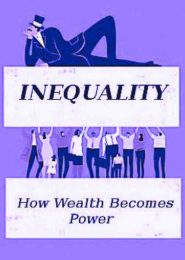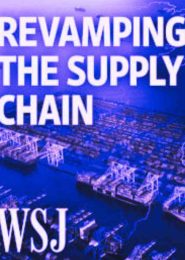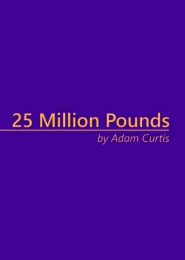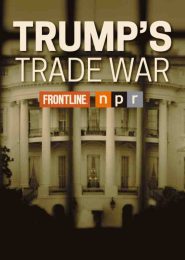Bigger Than Enron (2002)
In the early 2000s, the corporate world was rocked by the collapse of Enron, a once-mighty energy company that crumbled due to fraudulent accounting practices. But Bigger Than Enron goes beyond the Enron scandal to reveal a broader crisis within the financial system.
The documentary, produced by FRONTLINE, investigates how the corporate watchdogs—the accountants, regulators, politicians, and others—failed to prevent not only the Enron debacle but also a wave of other major accounting scandals. These scandals collectively cost investors an estimated $200 billion. The meteoric rise and stunning fall of Enron raised critical questions: Why did the corporate oversight system, designed to protect investors, fail to sound any alarms about the company’s dubious finances?
Through interviews with key players, including current and former SEC officials, Arthur Andersen executives, and members of Congress, the film uncovers the erosion of the system of controls. Conflicts of interest and congressional intervention weakened protections, making it easier for aggressive companies like Enron to push boundaries. The trail leads to Washington, where Congress played a role in undermining investor safeguards.
The documentary highlights three specific cases where Andersen auditors allowed misleading or fraudulent accounting practices to cause enormous investor losses. These cases involve companies like Sunbeam and Waste Management, in addition to Enron. The collapse of Arthur Andersen, once considered the gold standard of integrity in auditing, further shook investor confidence.
Beyond Enron, the film delves into the accounting industry’s lobbying efforts on Capitol Hill, focusing on battles over stock options, tort reform, and conflicts of interest. Ultimately, it reveals that both Congress and the big accounting firms themselves failed to protect investors. The breakdown of the oversight system had far-reaching consequences for America’s markets.
In summary, Bigger Than Enron sheds light on a systemic failure that extended well beyond Enron’s collapse, leaving investors questioning whom they could trust in a landscape where auditors had faltered.




